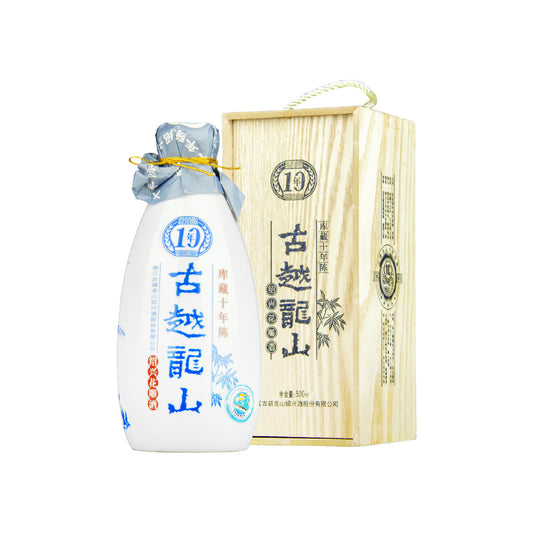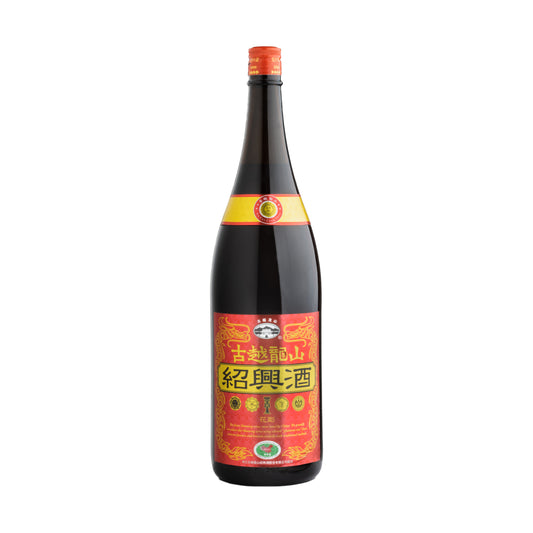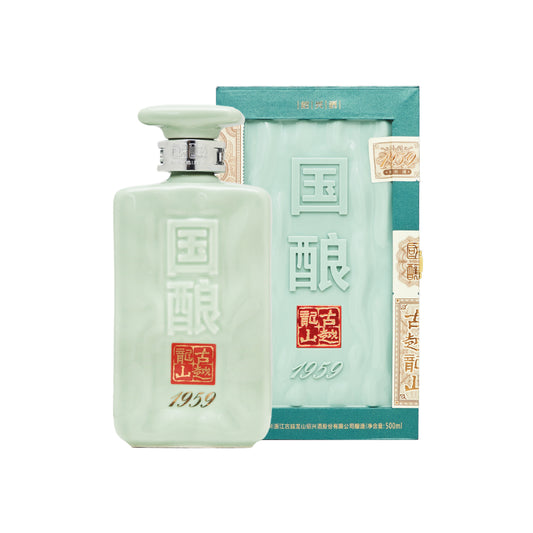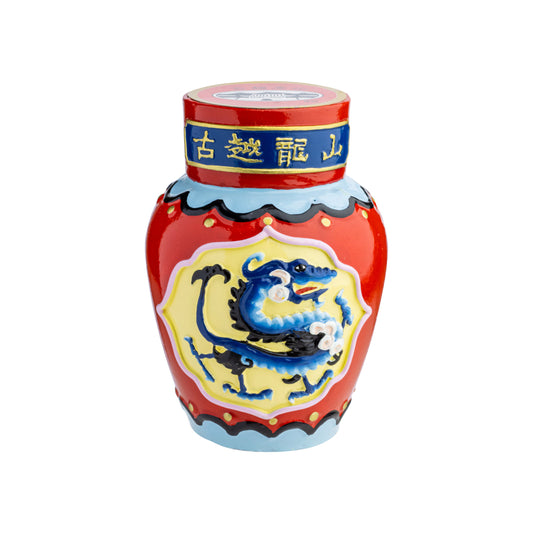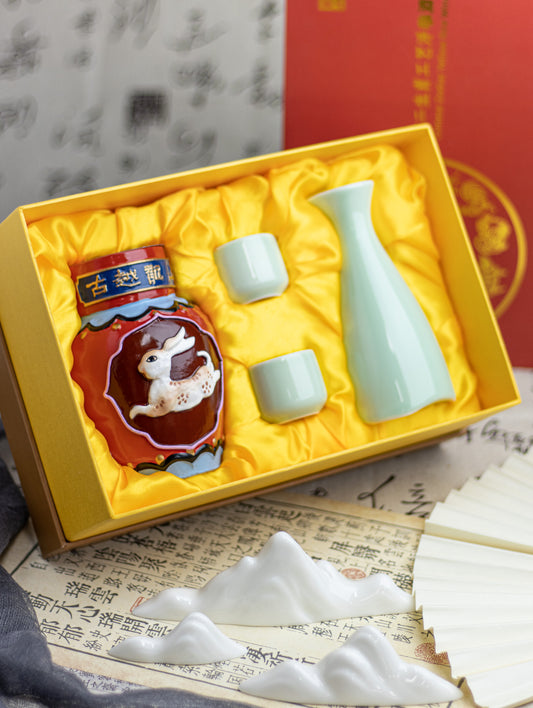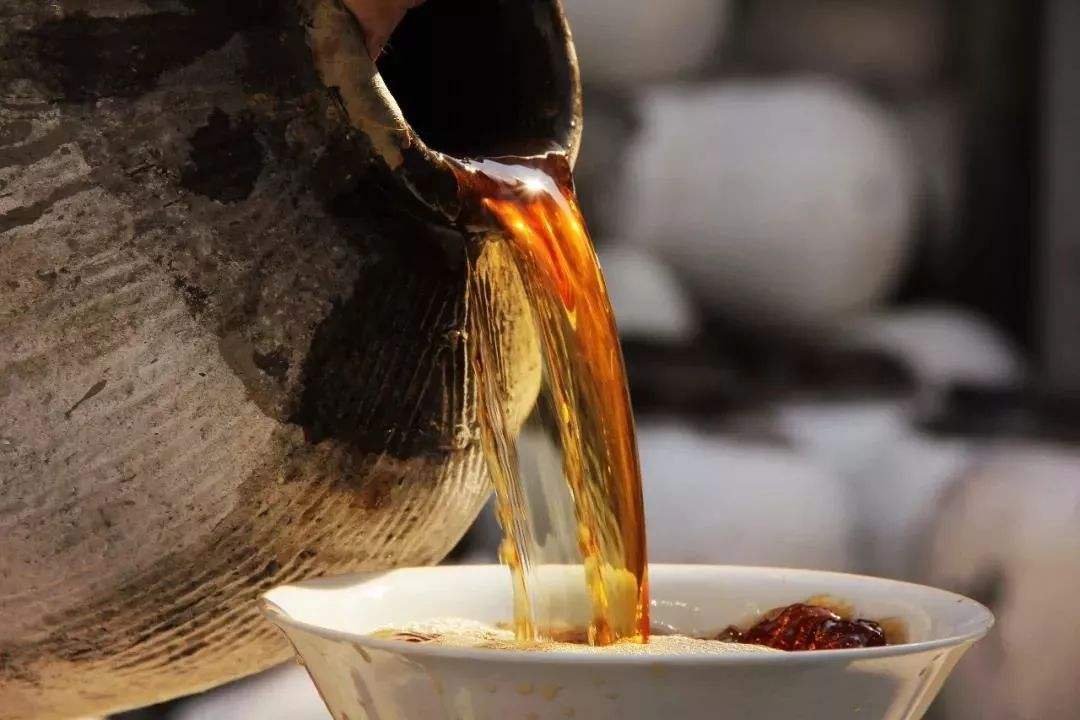
What's the difference between Chinese cooking wine and Shaoxing Rice Wine?

You’ve probably heard of Chinese cooking wine, sometimes also known as Shaoxing Wine or Huadiao Wine. Often used in dishes like drunken chicken or braised pork.
Chinese cooking wine falls under the broader category of Shaoxing Rice Wine. The most significant difference between the two is that Shaoxing rice wine is meant for direct consumption, while cooking wine is a new variety developed based on Shaoxing rice wine.

Cooking wine is made from 30% to 50% Shaoxing rice wine, and it includes various spices and seasonings such as star anise, cinnamon, cloves, cardamom, ginger, and more. It is specifically designed for culinary purposes, making it more economical and budget-friendly for cooking.

On the other hand, drinking Shaoxing Rice Wine is primarily produced from glutinous rice, offering better quality and a relatively higher price. It is ideal for sipping slowly to savour its complex flavour profile, including sweet, sour, bitter, fragrant, spicy, fresh, astringent, and various harmonious aromas, allowing you to appreciate the exquisite, elegant, and unique characteristics of Shaoxing rice wine.
In summary, Shaoxing rice wine is primarily intended for drinking, while Chinese cooking wine contains added salt and spices, making it unsuitable for direct consumption.

